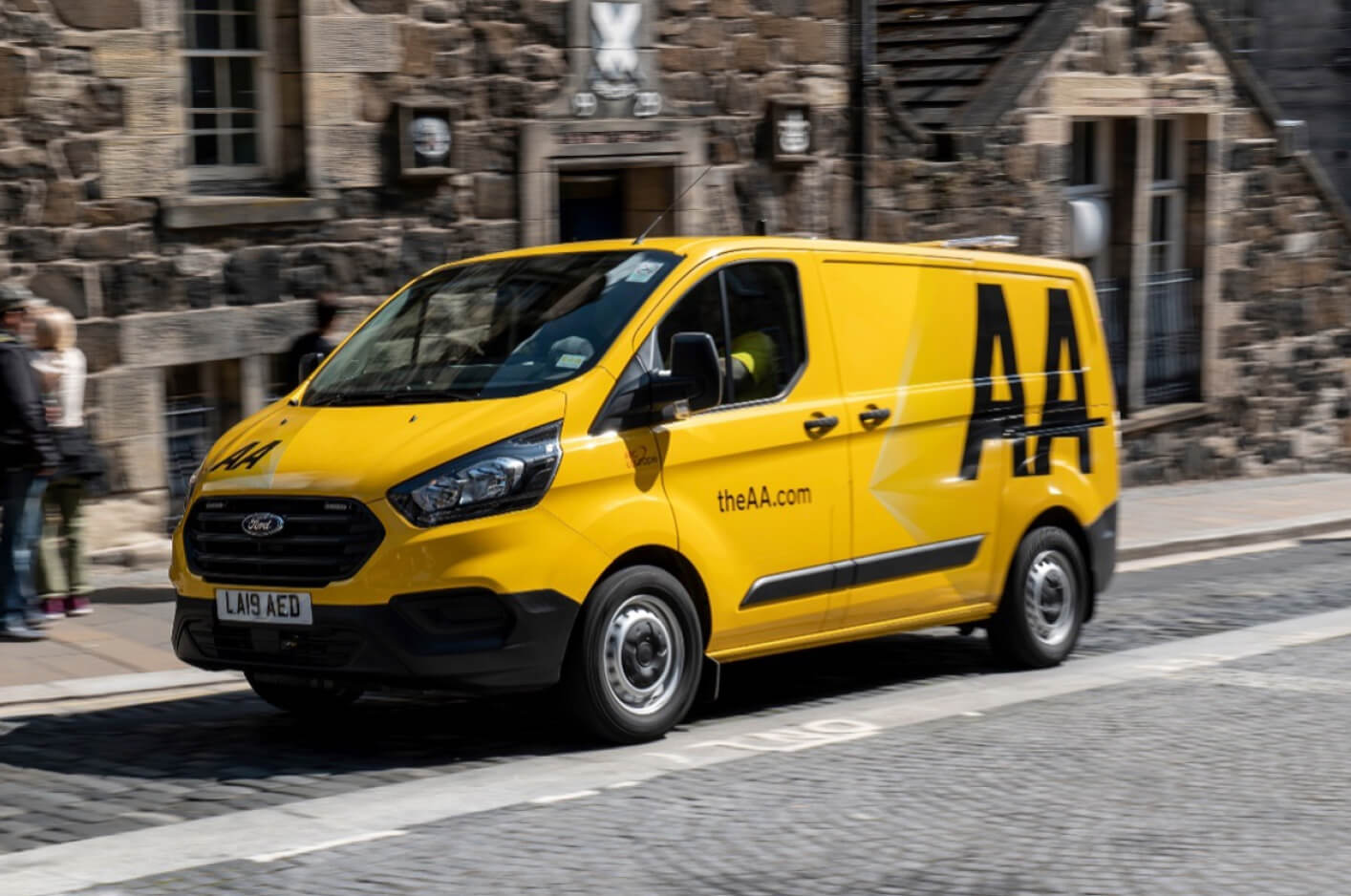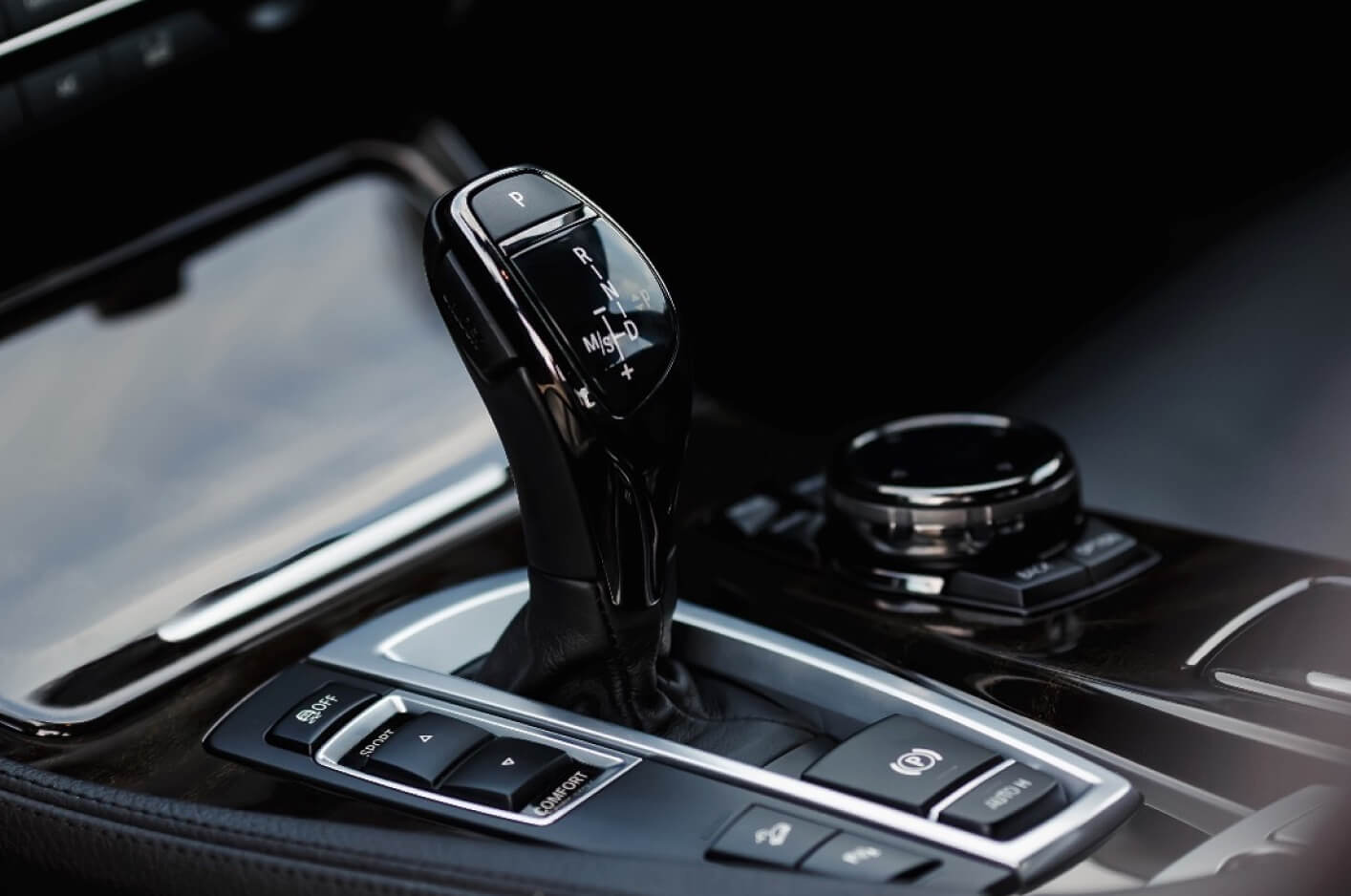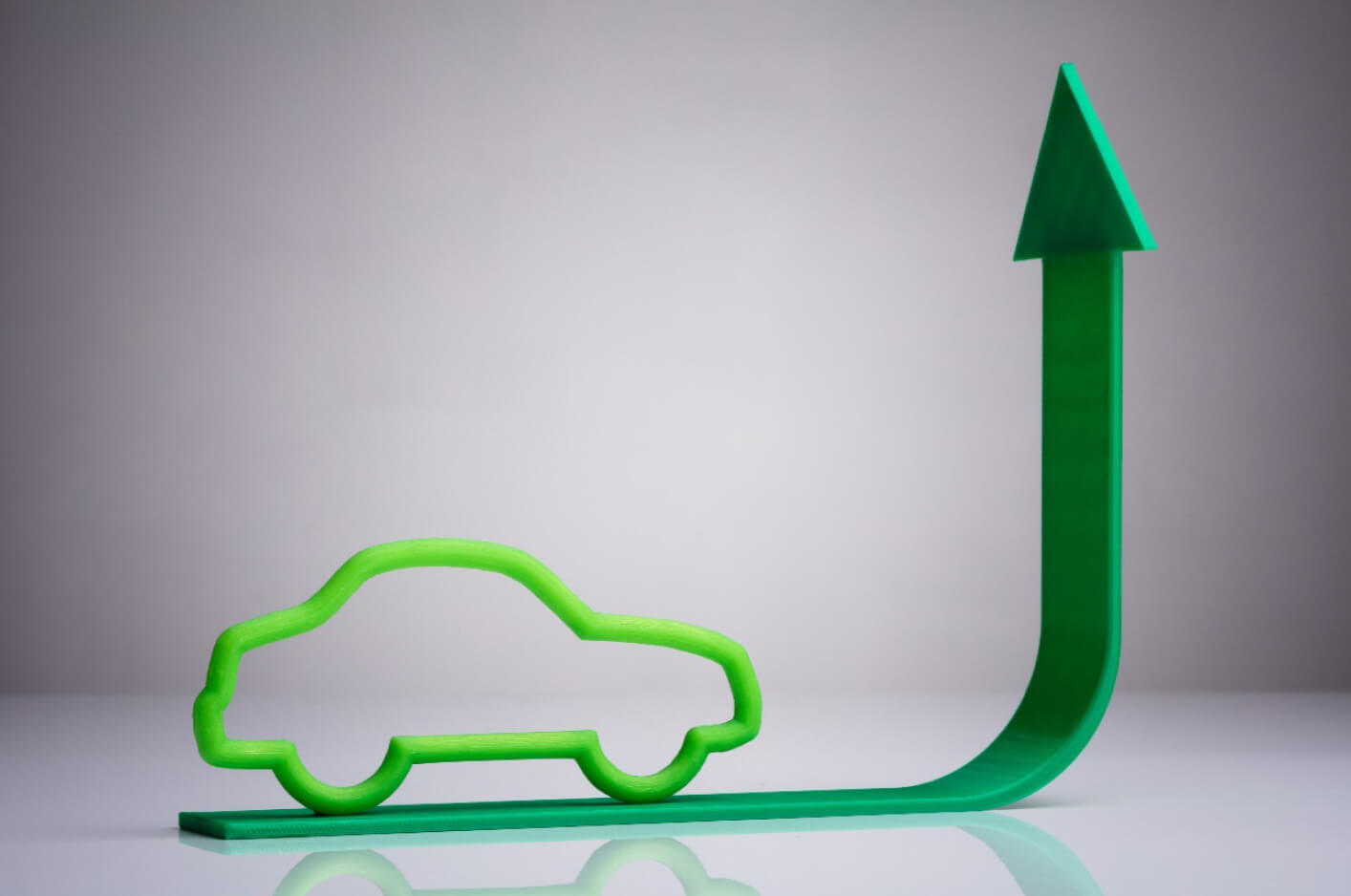8 October 2019
The Government could bring forward to 2035 date to end new petrol and diesel car and van sales
The Government's commitment to end the sale of new petrol and diesel cars and vans by 2040 could be brought forward to 2035, according to Transport Secretary Grant Shapps.

The Government's commitment to end the sale of new petrol and diesel cars and vans by 2040 could be brought forward to 2035, according to Transport Secretary Grant Shapps.
Speaking at this week's Conservative Party Conference in Manchester, Mr Shapps said that "we must go further to protect our environment".
Earlier this year the Government's advisory Committee on Climate Change said that the Government's previously announced date to end the sale of new petrol and diesel cars and vans should be brought forward to 2030 or 2035 at the very latest.
Mr Shapps told the Conference: "We've already committed to ending the sale of new petrol and diesel cars by 2040. However, if we're to become the world-leader in green technology, we must always be looking to expand our ambitions.
"I'd therefore like to see Government look again at the 2040 target, and thoroughly explore the case for bringing this date forward.
"The Government's advisory Committee on Climate Change has said 2035 is a date for which we should aim."
Mr Shapps, who drove to Manchester in his family's electric car, continued: "We will need to test the arguments and work in partnership with industry to examine how to proceed."
Even if the Government brings forward the cut-off date for the sale of new petrol and diesel cars and vans to 2035, it would still be at odds with the Scottish Government which has set a deadline of 2032.
The Committee on Climate Change said in its report said that the Government's emission reduction strategy was "off-track" across key areas, including transport, with reductions of the carbon dioxide (CO2) emissions of new vehicles falling well short of expectations.
The report said: "The need to switch the entire fleet of light-duty vehicles to ultra-low emission vehicles by [the Government's target date of] 2050 means that by 2035, at the very latest, all sales of new cars and vans will need to be ultra-low emission vehicles. If possible, an earlier end to sales of petrol and diesel vehicles would be preferable (eg by 2030 if feasible). This means a rapid ramping up of the market share of electric vehicles, from 2.5% in 2018, during the 2020s."
Meanwhile, Mr Shapps, speaking at a transport debate in Manchester, hinted that speed limits on motorways and some dial carriageways could increase from 70mph to 80mph as demand for electric vehicles rises.
When a rise in the speed limit was last proposed in 2011 an increase was ruled out by the Government after it was suggested that emission levels could rise. However, Mr Shapps believes that any rise in CO2 emissions could be offset by the higher uptake of electric and ultra-low emission cars.


